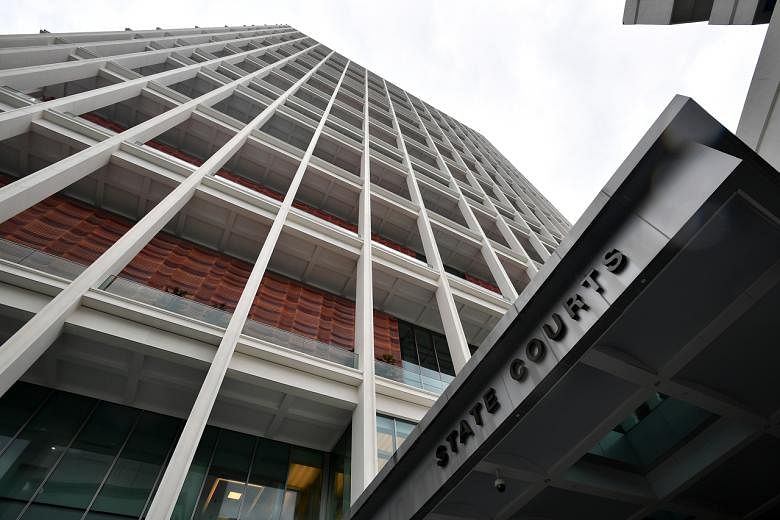SINGAPORE - A system of open justice where accused persons are publicly tried and verdicts publicly announced will continue to be the practice for now, Law and Home Affairs Minister K. Shanmugam said.
This means the media can publish the names of the accused involved in ongoing court proceedings as part of fair and accurate reporting, unless the court prohibits it.
Mr Shanmugam, who was speaking in Parliament on Monday (May 10), said the decision to maintain the existing practice came after assessments by the Law Ministry on whether accused persons should be granted anonymity until they are convicted.
He said: "But I emphasise our position on this issue is not set in concrete... So we will keep reviewing this while we are maintaining status quo."
He was responding to a question from Nominated MP Tan Yia Swam on how press reports of ongoing trials of sex crimes are regulated. Dr Tan had also asked what protection exists for medical professionals whose reputations are affected by media coverage of such cases.
In June last year, general practitioner Wee Teong Boo, who was accused of raping and molesting a patient at his Bedok clinic, was cleared of all charges after the Court of Appeal overturned his conviction.
Mr Shanmugam said that in its assessment of the practice of naming the accused in Singapore, the Law Ministry looked at approaches in other jurisdictions.
One approach favours protecting the identity of accused persons until they are convicted.
For instance, in the Republic of Ireland, a person charged with rape offences is granted anonymity until conviction, unless a judge orders otherwise.
In Switzerland, an accused person may be granted anonymity if the court is satisfied that they could be exposed to a serious danger to life and limb, or other serious prejudice.
Similarly, in New Zealand and Australia, where criminal trials may be heard by a jury, the court may prohibit the disclosure of an accused person's identity if it is satisfied that this would create a risk of prejudice to a fair trial.
Another approach, Mr Shanmugam said, prioritises the principle of open justice, where the courts do not have the general power to grant an accused person anonymity to protect their reputations.
In Britain, the position is that legal proceedings should be held in public, but there are rules that restrict media reporting for some criminal cases.
These include restrictions on identifying the accused to protect vulnerable witnesses and victims, and to avoid a substantial risk of prejudicing proceedings.
Mr Shanmugam said both approaches had their pros and cons.
With the second approach, he said: "The reputation of accused persons are often irreparably damaged by the publicity from media coverage of an ongoing criminal trial, even if they are acquitted at the end of the day."
He added that the court does have the power to prohibit the publication of names when there is sensitive information related to national security, or when naming the accused may lead to the identification of children or young people who are the alleged victims.
Mr Shanmugam said: "After assessments, we decided to keep to our approach, which means that in general, the accused persons are publicly tried and the verdict is publicly announced. This also allows unidentified victims of serial offenders, for example, to come forward and seek help."
He said the approach will be reviewed again to decide what works best in Singapore's context.


